Microsoft Azure
Call Us on 01675 430080 and speak to a technician from 8:00am - 6:00pm Monday to Friday

Key Features of Microsoft Azure
- Scalability & Flexibility
Azure offers a scalable cloud infrastructure that grows with your business. Easily adjust Azure resources to meet your mobile or web app demands, paying only for what you use. With a global network of data centers, deploy your services where your customers are for low-latency and reliable access.
- Hybrid Cloud Capabilities
Azure excels in its seamless hybrid cloud capabilities, allowing businesses to integrate and manage both their on-premises and cloud environments. Enterprises can benefit from consistent platform management, robust security, and a wide range of hybrid connections, including VPNs, caches, CDNs, and ExpressRoute.
- Intuitive Azure Portal
The Azure Portal is a pivotal feature, providing a user-friendly interface for managing Azure services. It simplifies operations with a dashboard that consolidates resources, allowing quick status checks and adjustments for all Azure products. Users can effortlessly configure cloud services, set up virtual machines, and access detailed analytics for informed decision-making. Customizable views and role-based permissions ensure a tailored experience aligned with individual and departmental needs.
"As an overseas based operation with a remote server in the UK , we rely on Discus to handle things for us. They do this effectively; getting back to us extremely promptly should any problem arise and keeping in touch regularly giving us excellent reassurance."
About Microsoft Azure
Compute Services: Azure offers various compute options, including Virtual Machines (VMs), Azure Kubernetes Service (AKS) for container orchestration, and serverless computing with Azure Functions.
Storage Services: Azure provides scalable and highly available storage solutions such as Azure Blob Storage (for object storage), Azure Files (for file shares), Azure Tables (for NoSQL data), and Azure Disks (for block storage).
Networking: Azure offers networking services like Virtual Network (VNet), Azure Load Balancer, Azure Application Gateway, and Azure VPN Gateway to create secure and scalable network architectures.
Databases: Azure provides a variety of database options, including Azure SQL Database (a managed relational database), Cosmos DB (a globally distributed NoSQL database), and Azure Database for MySQL, PostgreSQL, and more.
AI and Machine Learning: Azure includes AI and machine learning services like Azure Machine Learning, Cognitive Services (for computer vision, speech, language, etc.), and Azure Databricks for data analytics and AI workloads.
Development Tools: Azure supports a range of development tools and services, including Visual Studio Team Services (now Azure DevOps), Azure DevTest Labs for creating development and testing environments, and Azure Logic Apps for building workflows.
Internet of Things (IoT): Azure IoT Suite provides tools and services for building, deploying, and managing IoT solutions, including IoT Hub, IoT Central, and Azure Sphere for securing IoT devices.
Serverless Computing: Azure Functions and Azure Logic Apps offer serverless computing options, allowing developers to build event-driven, scalable applications without managing infrastructure.
Security and Identity: Azure offers security services like Azure Active Directory (Azure AD) for identity and access management, Azure Key Vault for secure key management, and Azure Security Center for threat detection and response.
Analytics and Big Data: Azure provides services like Azure Data Lake Storage, Azure Data Factory, and Azure Synapse Analytics for big data processing, analytics, and data warehousing.
Hybrid Solutions: Azure offers hybrid cloud capabilities, allowing organizations to seamlessly integrate on-premises infrastructure with Azure through services like Azure Arc and Azure Stack.
Enterprise Integration: Azure includes services like Azure Logic Apps, Azure API Management, and Azure Service Bus for building and managing enterprise-level integrations.
Developer and DevOps Services: Azure supports a DevOps culture with services like Azure DevOps, Azure Container Registry, and Azure Monitor for application performance management.
Global Presence: Azure has data centers in multiple regions worldwide, enabling organizations to deploy resources close to their users for improved performance and compliance.
Ecosystem and Marketplace: Azure has a vast ecosystem of partners and a marketplace with a wide range of pre-built solutions and services that can be integrated into Azure deployments.
Azure is known for its scalability, flexibility, and robust set of services, making it a popular choice for businesses of all sizes looking to leverage cloud technology for their applications and infrastructure needs. It competes with other major cloud providers like AWS and Google Cloud in the cloud computing market.
Becoming a Customer
Step 1
Step 2
Step 3
Step 4
Step 5
What Services include Microsoft Azure?
You can purchase this product separately or as part of one of our support packages. You can find out more about these support packages below.

IT Security Solutions

On-Site Technician
Frequently Asked Questions About Microsoft Azure?
What is Microsoft Azure and how does it work?
Microsoft Azure is a cloud computing platform and infrastructure created by Microsoft for building, deploying, and managing applications and services through a global network of Microsoft-managed data centers. It provides a range of cloud services, including those for cloud resources, analytics, storage, and networking. Users can pick and choose from these services to develop and scale new cloud applications or run existing applications in the public cloud.
Is Microsoft Azure secure?
Yes, Microsoft Azure provides multiple layers of security features including network security, threat protection, identity management, and data protection. Additionally, it operates on a principle of shared responsibility, where Microsoft is responsible for the platform’s security and customers are responsible for securing their data and applications.
How does Azure compare to other cloud providers like AWS and Google Cloud?
Azure is one of the leading cloud service provider and it competes closely with AWS and Google Cloud. The decision to choose a cloud provider typically depends on several factors including specific service offerings, pricing, global reach, and the particular needs of the business. Azure is well-regarded for its integration with Microsoft cloud capabilities, software offerings, and extensive support for different programming languages and frameworks.
Can I migrate my existing applications to Azure?
Yes, Microsoft Azure provides tools and services such as Azure Migrate to assist in moving applications, data, and workloads to Azure with minimal downtime.
What database services does Azure offer?
Azure offers various database services to cater for different needs, including Azure SQL Database for managed relational SQL databases, Cosmos DB for globally distributed NoSQL databases, and Azure Database services for MySQL, PostgreSQL, and MariaDB.
Does Azure support open-source technologies?
Absolutely. Azure supports a wide range of open-source technologies, and you can run virtually any open source software, framework, or language on Azure.
What is serverless computing in Azure?
Serverless computing in Azure refers to cloud services like Azure Functions, which allows you to run event-triggered code without explicitly provisioning or managing infrastructure, enabling developers to focus more on building solutions rather than maintaining infrastructure.
How does Azure's pricing work?
Azure operates on a pay-as-you-go pricing model, where you are billed based on your actual usage of services. Azure also offers short-term commitments with reserved instances for certain services, allowing for cost savings compared to the pay-as-you-go rates.
What are Azure's options for Machine Learning and AI?
Azure provides AI and Machine Learning services through Azure Machine Learning Service for building and deploying machine learning models, and Azure Cognitive Services for adding intelligent capabilities like computer vision, natural language processing, and speech to applications.
Can Azure be used for hybrid cloud configurations?
Yes, Azure provides a comprehensive set of hybrid cloud services through products like Azure Stack for building and running hybrid applications consistently across on-premises and cloud environments, and Azure Arc, which extends Azure management and services to any infrastructure.

